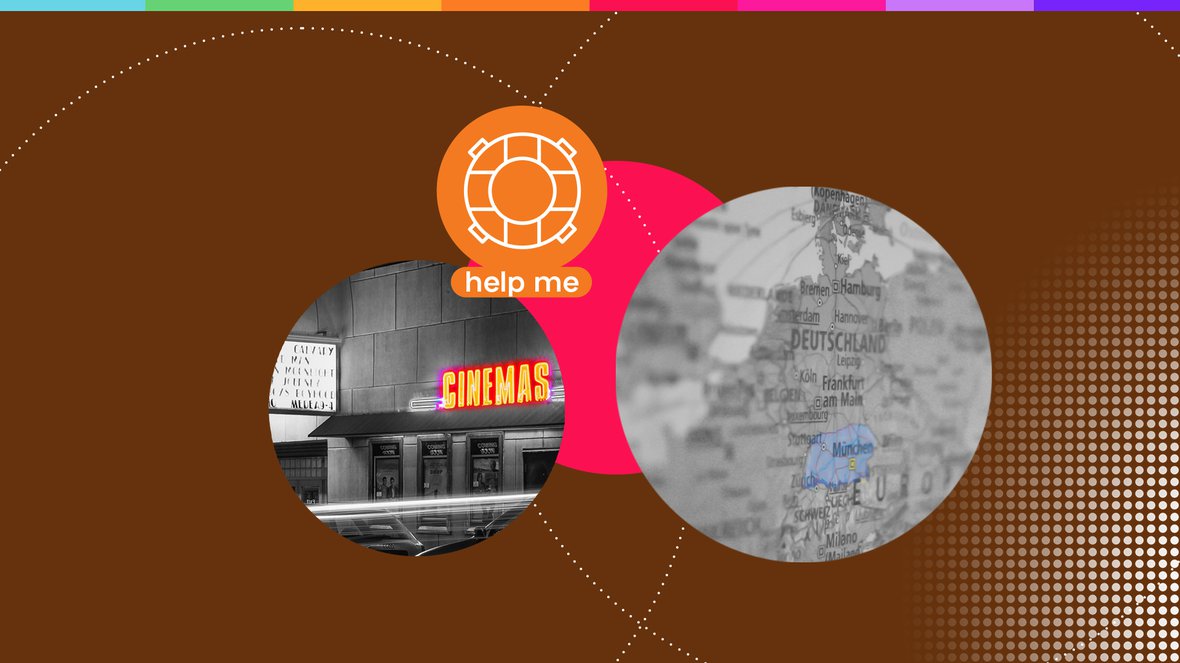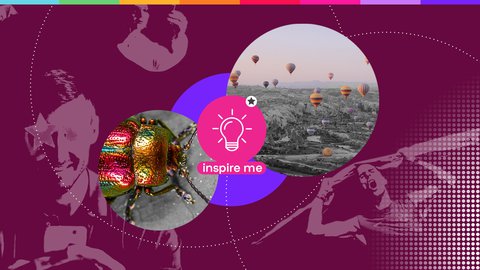When to write a ‘help me’ story
If there’s a practical problem, you might choose to create a ‘help me’ story. It all starts with a question - as we all know from good journalism. Sometimes that question gives away that helping your audience is the way to go. How can you save money? What are nice city trip destinations? Where’s the best place to park my car at that festival I’m going to? Which political party deserves my vote?
The answers to those questions go beyond explaining the options. So it’s not enough to say: you can save money by economising on energy. No, your audience wants to know: how? ‘Insulate your roof’. No! How? ‘Take these five steps.’ Yes!
You want to create ‘help me’ stories when people are searching for ‘how to’ information. It could be a simple follow-up on an ‘update me’ story, but it is a great starting point in situations when there’s no clear news angle.
Getting started with a ‘help me’ story
Start by asking these questions:
- How might we help visitors connect with others?
- How can we help visitors be better equipped to affect change?
- What information gap can we fill with usable, practical tips and suggestions?
- What steps are needed for the solution of a clear personal problem?
- Which stories can create impact in the households of our audience?
- What practical topics are connected to our brand authority?
Often, these kinds of articles are approached slightly differently to those fulfilling more conventional user needs, and suffer from rehashing other information. Because these have good potential to become long-lasting pieces, it’s important to follow the same high standards as for regular journalism. So, once you’ve got a clear view of what you want to achieve, do your own independent research, collect the information and create your content. And, because of the evergreen potential in these articles, it’s important to factor in time in the future to ensure these remain up-to-date and relevant: your audience will likely find articles like these via search engines, so they need to remain current.
Useful formats for a ‘help me’ piece
The most typical formats for a ‘help me’ piece are a:
- Checklist
- Timeline
- Question and answer (Q&A)
- Step 1-2-3-4-5
- Interview an expert
- Curator
A good ‘help me’ headline
‘How to calculate the optimum number of solar panels for your house’
Yes, it's as simple as that. You obviously can just use your most important question as a headline. It’s better to give a clear direction - so that visitors know what to expect. Make sure that the headline illustrates that this piece is different and informative, as that helps attract people looking for information via search engines. Include words that indicate the practical advice or service-oriented nature of the article.
Great examples of ‘help me’ articles
Dmitry’s pro tip
This user need is especially important for local and regional newsrooms, where you as editors and journalists are part of your audience. Regional media have already put significant effort into serving those living in their region. But they could become the highest authority in their area when it comes to day trips, attractions, road trips, and such like. Same goes for other things, like restaurants or schools, or indeed, a helpful guide on all frequently asked questions about your area. There are sites like Answerthepublic, that show most FAQs for all locations and topics. That would be a good start.


